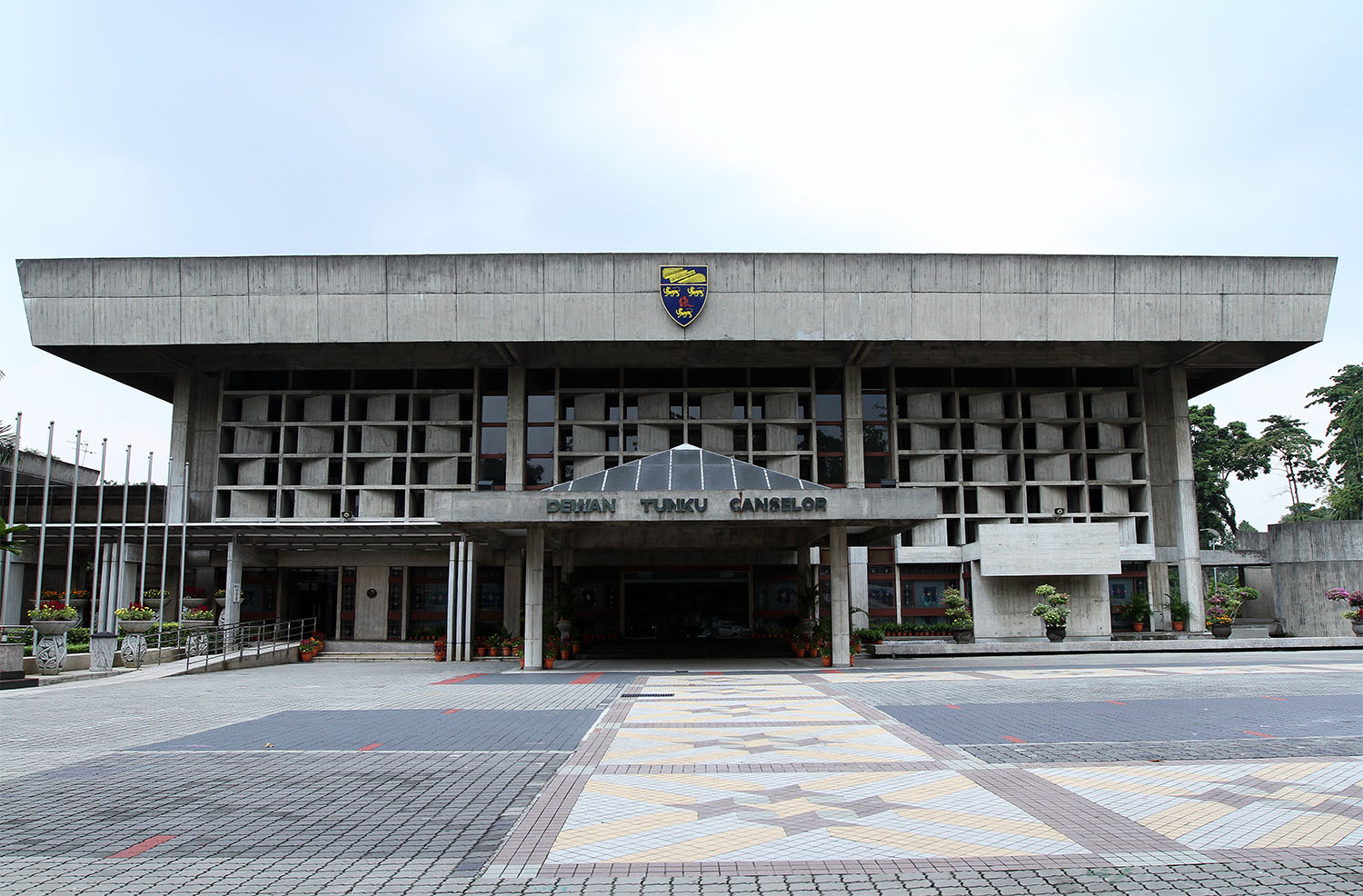KUALA LUMPUR, Sept 12 — Two more Malaysian universities have qualified for the Times Higher Education (THE) World University Rankings 2020.
They are Universiti Malaysia Perlis and Multimedia University, bringing Malaysia’s overall representation in the world rankings from 11 to 13.
Malaysia also continued its progress in the rankings with Universiti Kebangsaan Malaysia (UKM), Universiti Putra Malaysia (UPM), Universiti Sains Malaysia (USM), Universiti Teknologi Malaysia (UTM) and Universiti Teknologi Petronas (UTP) all remaining in the 601-800 band.
Universiti Malaysia Sarawak (Unimas) remained in the 1,001+ band.
According to THE, Malaysia's best performer is still Universiti Malaya (UM) that is now in the 301-305 band, up from last year’s 351-400 band, while UPM has moved up to the 601-800 band from the 800-1,000 band.
Universiti Tunku Abdul Rahman (UTAR) remains at the 501-600 band while UKM, USM, UTM and UTP at 601-800, Universiti Tenaga Nasional (Uniten), Universiti Utara Malaysia (UUM) at 801-1,000 and Unimas and Universiti Teknologi Mara at 1,001+.
 The Malaysian universities trail behind China's Tsinghua University and Peking University, which placed 23rd and 24th, while the National University of Singapore (NUS) placed 25th and Nanyang Technological University (NTU), also in Singapore, placed 48th on the global list.
The Malaysian universities trail behind China's Tsinghua University and Peking University, which placed 23rd and 24th, while the National University of Singapore (NUS) placed 25th and Nanyang Technological University (NTU), also in Singapore, placed 48th on the global list.
Vietnam and Brunei Darussalam joined the THE global ranking for the first time.
THE pointed out that this is a reflection of an increased Asian representation that has become a running theme of the ranking in recent years with the members of Asean having played a significant role.
The rankings for 2020 also showed that Asia continues to shift the balance of power away from Europe and the US, significantly increasing its overall representation and increasing the number of universities in the global top 200 by two to 24.
THE also said the region’s universities are characterised by their excellent international outlook scores — an unusual trait among institutions in Asia — and high scores for citation impact, but lost points for teaching and research environments.
Commenting on the global trend, THE chief knowledge officer Phil Baty, said it has long been clear that the emerging countries of Asia are going to play an increasingly powerful role among the global elite of higher education.
"It must also be stated, however, that the traditional Anglo-American powerhouses will not be displaced at the top of our rankings with ease.
“Future editions of the World University Rankings will most likely reveal intense competition, and while European and American institutions face significant hurdles, Chinese and other Asian universities have challenges of their own they must meet.
"These include ensuring that the excellent academics they produce do not move abroad to more established institutions in Europe and North America; promoting a culture of scholarly creativity and freedom; and boosting ties with nations across the globe,” he said.
 Top 10 global universities in the 2020 edition global ranking are the University of Oxford which topped the list for the fourth year running, followed by the California Institute of Technology (Caltech), the University of Cambridge, Stanford University and the Massachusetts Institute of Technology (MIT).
Top 10 global universities in the 2020 edition global ranking are the University of Oxford which topped the list for the fourth year running, followed by the California Institute of Technology (Caltech), the University of Cambridge, Stanford University and the Massachusetts Institute of Technology (MIT).
Princeton University and Harvard University swap places to finish sixth and seventh respectively, followed by Yale University, University of Chicago and the Imperial College London rounding out the top 10.
On the Asean 2020 edition rankings, Malaysia’s UM emerged as third-best among Asean region universities. It now ranks after Singapore’s NUS and NTU, which have for the first time placed first and second on the list respectively.
Malaysia’s UTAR places 6th, UKM 8th, 12th, USM 13th, UTM 14th, Uniten 18th, all entering the top 50 ranking.
As for the two newcomers on the list, Universiti Malaysia Perlis managed to secure 11th placing on the Asean list, while Multimedia University at 34th, is one rung below Unimas at 33rd place.
Thailand stays as the most-represented country in the region, with 16 institutions, up from 14 last year.
Indonesia also sees an improvement with six ranked universities in the Asean list, up from five last year.
Commenting on the Asean region's performance, THE rankings editor, Ellie Bothwell said: “It’s extremely promising to see Asean member nations continue to expand their representation in this year’s rankings, with their performance reflecting the substantial investment that these countries are putting into their universities as well as strong strategic planning.
"These nations must continue to invest in higher education if they are to further improve both in terms of quantity and quality.”
THE is a global organisation that produces data, analysis and expertise on higher education.
Now in its 16th year, the ranking includes over 1,300 universities from 92 countries, making it the largest higher education analysis to date.



















